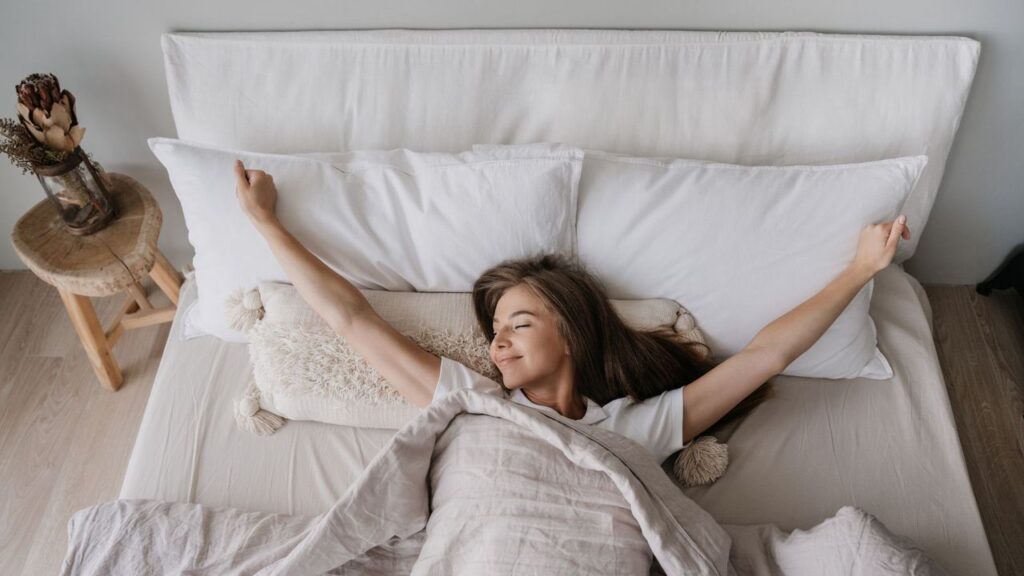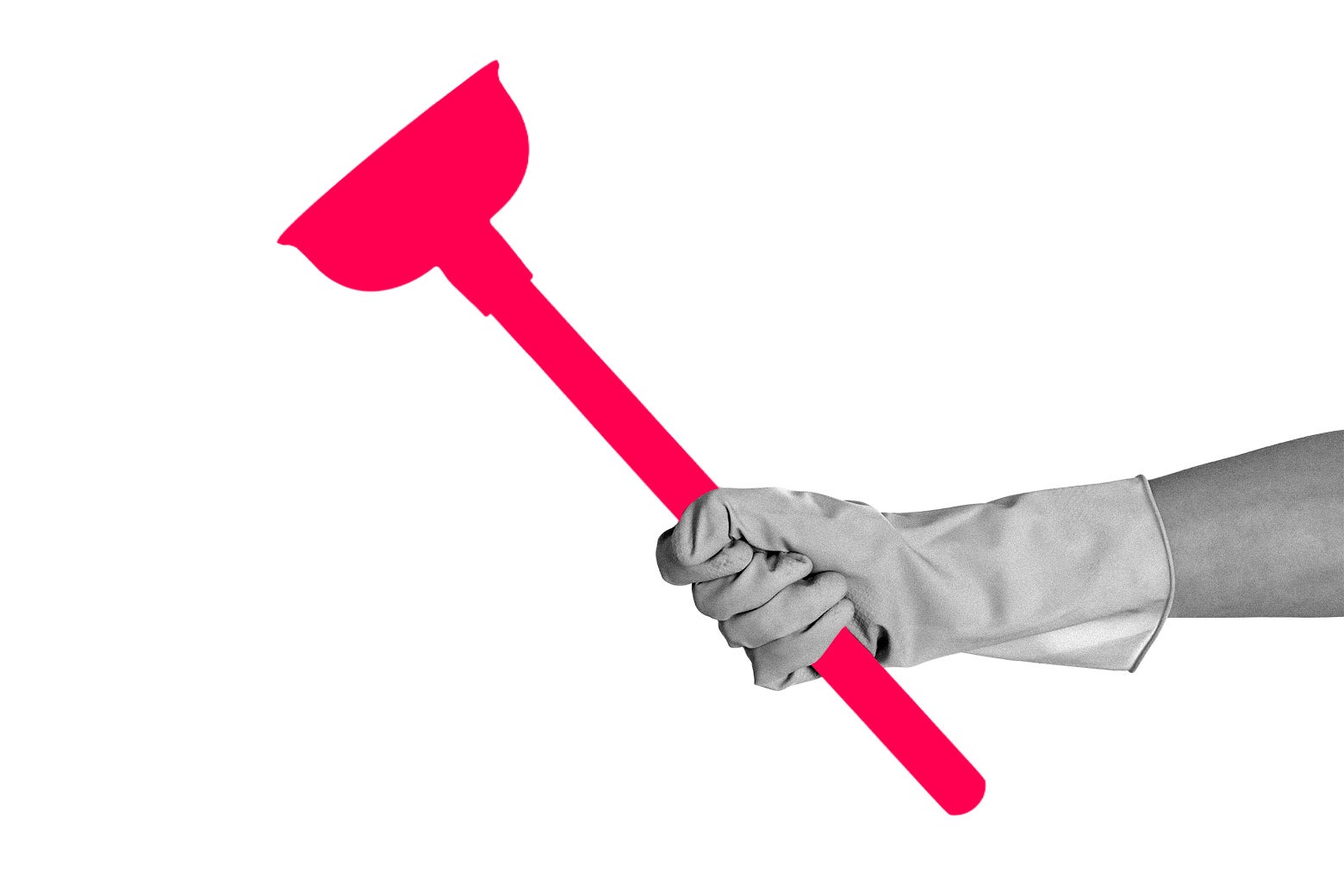
The ancient practice of acupressure, a non-invasive technique rooted in Traditional Chinese Medicine (TCM), is gaining attention for its potential to improve sleep quality. Unlike contemporary sleep trends, acupressure focuses on applying pressure to specific points on the body, which may help alleviate insomnia and enhance overall sleep quality.
Acupressure involves the application of pressure on certain points, known as acupoints, located throughout the body. According to registered acupuncturist Lily Lai, who holds a PhD in Chinese Medicine in Primary Care, this method typically employs finger pressure or specialized tools. Dr. Haley Parker, a Doctor of Oriental Medicine and Director of Clinical Operations at the Virginia University of Integrative Medicine, elaborates that acupressure stimulates energy channels, or meridians, that correspond to various organs and systems.
“The practice aims to restore the smooth flow of Qi, or vital energy, and promote healing,” says Dr. Parker. From a Western perspective, acupressure may stimulate the nervous system and encourage the release of endorphins, which can help reduce stress and improve sleep.
While the National Health Service (NHS) in the UK categorizes acupressure under complementary and alternative medicine, they recommend consulting a general practitioner before pursuing such treatments. In light of the growing body of evidence supporting acupressure’s effectiveness for sleep improvement, many are exploring its potential benefits.
Research Highlights Acupressure’s Impact on Sleep
Recent studies have indicated that acupressure can effectively combat various sleep disorders. A review of research examining its effects on hospital inpatients found that acupressure significantly improved sleep quality, sleep duration, and sleep efficiency compared to control groups. These findings suggest that acupressure could serve as a viable intervention for enhancing sleep quality.
Dr. Parker highlights additional studies showing that acupressure is particularly beneficial for older adults experiencing sleep disturbances. A systematic review indicated that consistent application of acupressure techniques can lead to notable improvements in sleep quality and duration.
Mechanisms Behind Acupressure’s Sleep Benefits
Acupressure supports sleep through various mechanisms. By targeting specific pressure points, practitioners can help calm the nervous system and alleviate physical tension. Dr. Parker emphasizes that the selection of acupressure points should be tailored to individual needs, often addressing symptoms like insomnia or restlessness.
Some commonly used points include:
– **Shenmen (HT7)**: Located on the wrist crease, this point is known for calming anxiety and emotional restlessness.
– **Yintang**: Found between the eyebrows, this point promotes relaxation and enhances melatonin production.
– **Anmian**: Positioned behind the ear, Anmian is specifically targeted for sleep disturbances.
– **Sanyinjiao (SP6)**: Located on the inner lower leg, this point aids in hormonal regulation, essential for emotional stability and restful sleep.
In addition to stimulating specific points, acupressure has been shown to reduce stress and anxiety, common culprits of sleep difficulties. A systematic review indicated that acupressure significantly alleviates anxiety, thereby enhancing sleep quality. Dr. Parker points out that acupressure encourages the release of mood-elevating neurotransmitters, which play a critical role in sleep regulation.
Acupressure and Insomnia Relief
The implications of acupressure for individuals suffering from insomnia are significant. Research comparing acupressure techniques with traditional sleep hygiene education revealed that participants who practiced acupressure experienced considerable improvements in their insomnia severity scores over time.
A specific focus on auricular acupressure, which targets pressure points on the ear, has also yielded positive results. One study concluded that the effects of auricular acupressure on insomnia were comparable to those of estazolam, a medication typically prescribed for short-term insomnia.
Furthermore, acupressure may be particularly beneficial for women undergoing hormonal changes related to menopause. Recent research indicates that around one-third of women worldwide experience sleep disturbances during this life stage. In a trial published in the Iranian Journal of Medical Sciences, acupressure was found to improve sleep quality by as much as 22% in menopausal women, providing a complementary treatment option for those experiencing sleep issues.
Exploring Acupressure at Home
For those interested in trying acupressure, several simple methods can be practiced at home. Dr. Parker suggests the following techniques:
– **Finger Pressure Massage**: Apply gentle, circular pressure to points such as HT7, Yintang, or SP6 for 1-2 minutes, ideally in the evening.
– **Acupressure Mats**: These mats feature small spikes that stimulate multiple points along the back. Spending 10-20 minutes on one can promote relaxation and reduce muscular tension.
– **Partner Massage**: Light pressure on the neck, shoulders, and feet can activate calming points, especially when enhanced with calming elements like lavender oil.
– **Breathing Techniques**: Combine acupressure with deep breathing to amplify relaxation.
Acupressure wristbands targeting the Nei Guan (Pericardium 6) point may also be beneficial. This point is known for its effectiveness in addressing nausea and stress, making it suitable for those seeking improved sleep.
While acupressure is generally safe, it is advisable to consult with a healthcare professional before starting any new treatment, especially for individuals with existing medical conditions or those who are pregnant or elderly.
As interest in holistic approaches to wellness grows, acupressure stands out as a time-honored method that may contribute significantly to better sleep quality.







